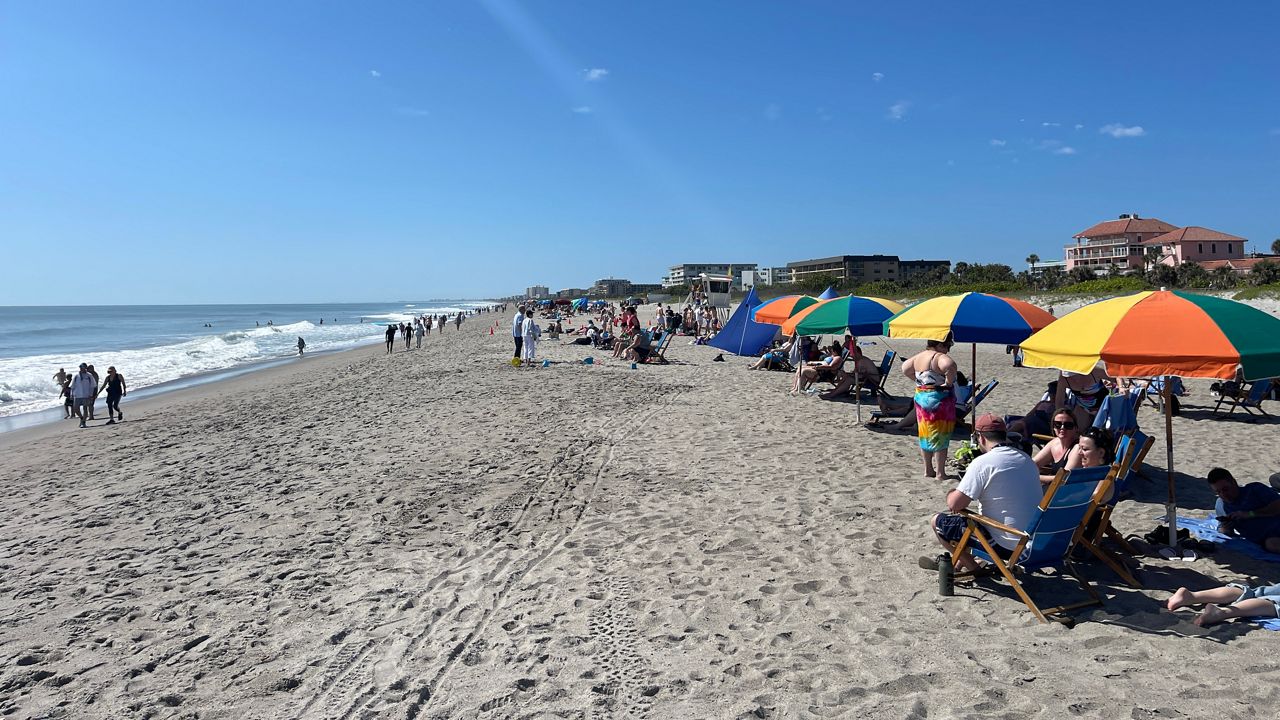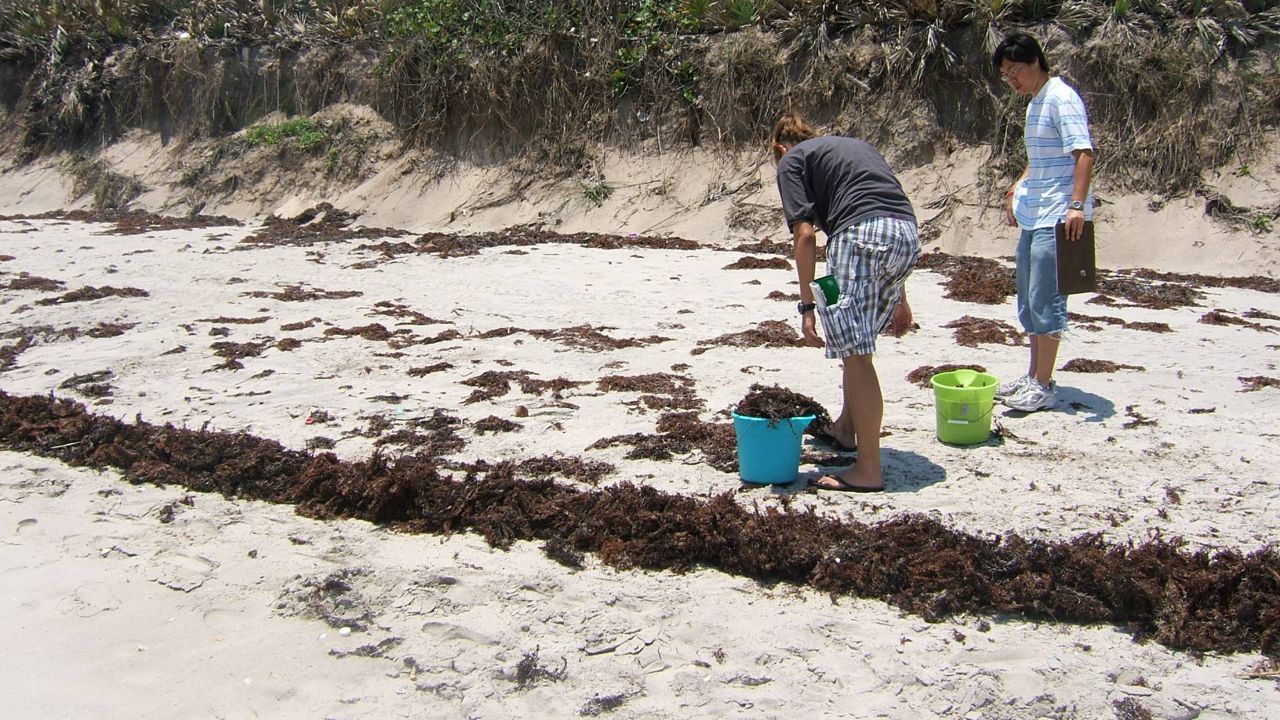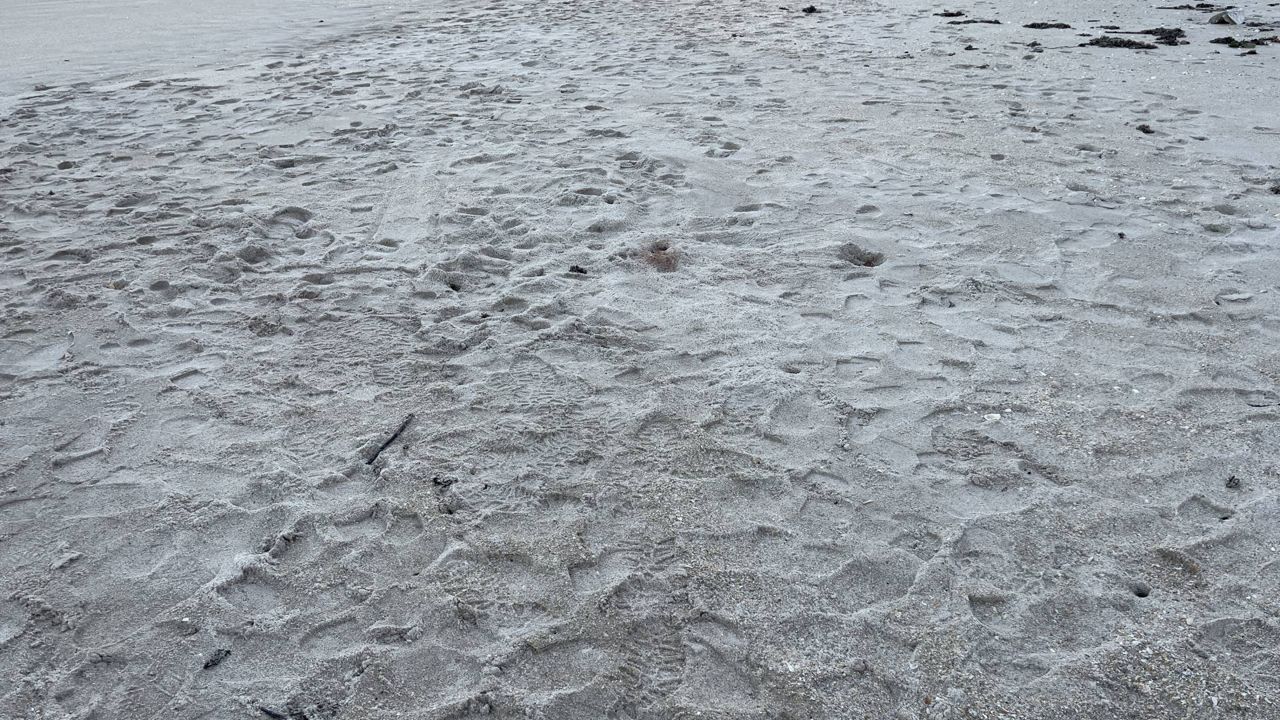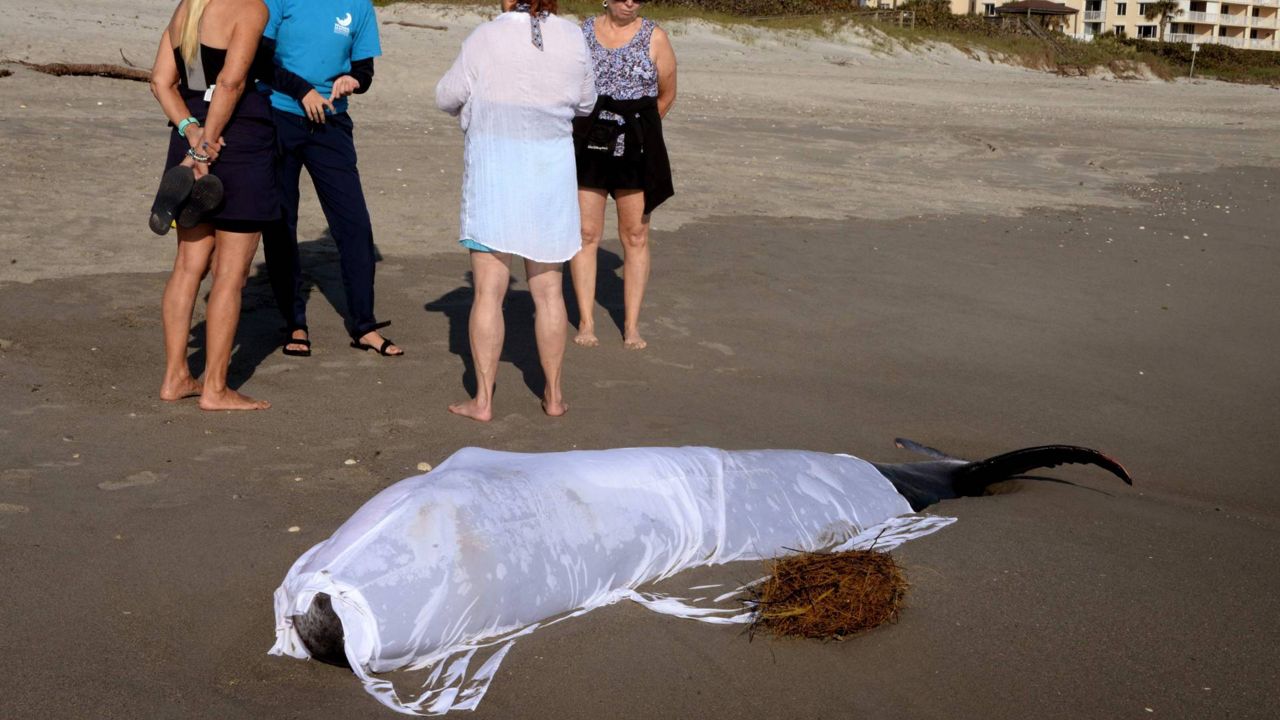MELBOURNE, Fla. – A newly signed law has opened the door for more homeowners to plant home gardens in their front or back yards.
- Residential vegetable gardens no longer banned in Florida
- New law gives people a chance to grow their own food
- Melbourne yoga studio has extra space in its garden for those who want to plant
Tracy Lacko spends the day volunteering at The Yoga Garden in Melbourne. She says not everyone is lucky enough to have a backyard garden, sometimes the only available space is right outside your front door.
But those who are worried a front yard vegetable garden may not sit well with neighbors, don't have to worry any more.
Gov. Ron DeSantis recently signed SB 82 into law, meaning local municipalities are not allowed to regulate vegetable gardens on residential properties.
"So it's really positive note and exciting that there is no regulation and nobody can tell you can or can't," Lacko said.
Loren Collarile-Posca, owner of the Yoga Garden Studio, says the law gives people a chance to start exploring planning things other than flowers.
"Growing our own food and understanding plants is important but we're not very educated in it," Collarile-Posca said.
According to the National Gardening Association, about one third of households grow their own fruits or vegetables and that number is expected to grow.
If you're surrounded by concrete but want to get your hands dirty, the yoga studio community garden has extra space.
"We are going to have plots that are rentable, if they live in a condo or don't have the space they can rent a plot and tend their garden here,"Collarile-Posca said.
Lacko said she's been growing her own food for decades saving hundreds of dollars. She said it's healthier because there are no pesticides.
"I don't know how much but I know it's significant because when you need something for your soup an herb or something that's my main thing," Lacko said.
The verbiage of the bill leaves out water regulations during a drought, fertilizer use and control of invasive species which means cities could weigh in on those issues.
According to the City of Melbourne, landscaping code requires that the majority of a yard consists of living plant material. It does not specify the type of living plant material that can or cannot be planted.










